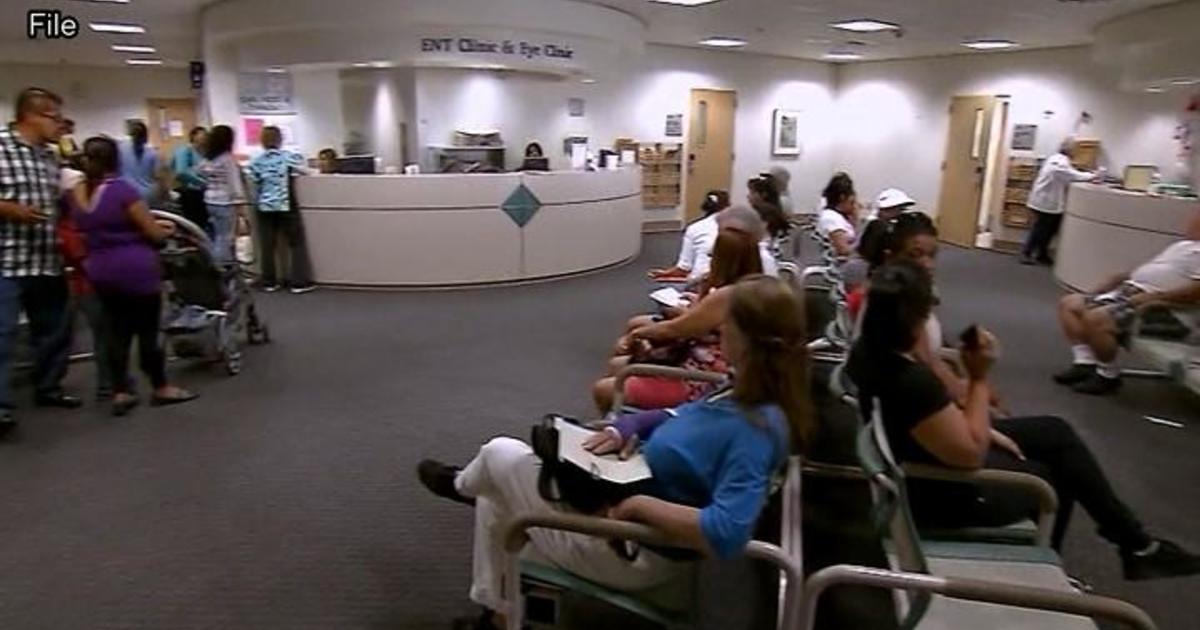Maryland & The Affordable Care Act
In 2007, more than 10 percent of Maryland residents reported they were unable to see a doctor when needed due to cost. From 2003 to 2009, the cost of a family health insurance policy increased 50 percent in the state, with the average annual premium approaching $14,000. Single policyholders saw their rates increase by 42 percent over the same period.[1] Of the Maryland residents who do have health insurance, 57 percent are covered through their employment. Public programs such as Medicaid and Medicare insure 25 percent of the population and five percent of Maryland residents purchase individual private polices. This leaves 13 percent of Maryland's population, or 771,500 people, uninsured. [2]
Who are the uninsured in Maryland?
In Maryland, 10 percent of children are uninsured. Non-elderly adults, those younger than 65, are uninsured at a rate of 17 percent. In households with incomes less than 139 percent of the Federal Poverty Level, the rate of uninsured children more than doubles to 22 percent, and 37 percent of adults in these low-income households lack health insurance. [3] Among the Hispanic population, 35 percent are uninsured. Black Maryland residents are uninsured at a rate of 17 percent, and the uninsured rate among the White population is 11 percent. [4]
How does the Affordable Care Act affect Maryland residents?
The Affordable Care Act requires states provide access to an online marketplace, also called an exchange, where individuals and small businesses may compare, select and purchase private health insurance policies that offer a minimum level of coverage. States have the option of establishing their own exchange, operating an exchange in cooperation with the federal government, or turning all administration of the health care marketplace over to the federal government. Maryland, along with 16 other states and the District of Columbia, is providing its citizens access to a health care exchange with its own state-run health care marketplace.
Under the new law, all new policies and in-force policies upon renewal, must cover a core of essential health benefits including hospitalization, emergency services and mental health treatments. Annual wellness checkups and other preventative screenings must be covered with no co-payments or deductibles. Residents may not be denied health insurance for pre-existing health conditions, and insurers may not place a lifetime cap on benefits. Households with incomes at or below 400 percent of the Federal Poverty Level may be eligible for tax credits to offset premium costs.
Maryland's health insurance exchange
In December 2012, Maryland's application to establish the Maryland Health Benefits Exchange (MHBE) was conditionally approved by Health and Human Services Secretary Kathleen Sebelius. The exchange is governed by a nine member board of trustees and operates as an independent unit of the state government. The health insurance marketplace, called Maryland Health Connection, is the portal through which Maryland residents will be able to shop for and purchase health insurance policies. All plans in the exchange will offer a package of essential health benefits based on Blue Choice HMO HSA Open Access plan. Maryland Health Connection will act as a clearinghouse for all qualified plans. As of May 2013, 13 insurance companies have agreed to offer qualified health plans and standalone dental plans to residents and small businesses through Maryland Health Connection.
Beginning January 2014, Maryland is expanding its Medicare program to include individuals and families with annual incomes up to 133 percent of the Federal Poverty Level. Income qualified households may enroll in Medicaid and Maryland's Children's Health Program through Maryland Health Connection. Enrollment opens October 1 with insurance coverage effective January 1, 2013 for individuals and families.
Small Business Health Options Program (SHOP)
Under the ACA, small business employers with fewer than 50 full-time workers, or full-time equivalent workers, will not be required to offer health insurance to their employees. (Check here for a definition and calculator to determine who qualifies as a full-time worker.) However, the ACA encourages many small business employers to provide health insurance by offering small business health care tax credits.
Many small businesses were already offering health insurance packages to their employees before the ACA was passed and signed into law. These plans are accepted, or grandfathered in, under the ACA.
For small business owners who wish to change their coverage plans, or for those who did not offer health insurance before the new law, the ACA establishes the Small Business Health Options Program or SHOP. SHOP allows employers to compare and shop for quality insurance plans side by side for their employees. To find out more about SHOP, visit the U.S. Small Business Administration.
For enrollment assistance in Maryland, the following health centers may be able to help:
- Baltimore Medical System
- Chase Brexton Health Services
- Mt. Vernon
- Randallstown
- Columbia
- Easton
- Community Clinic, Inc.
- Family Health Centers of Baltimore
- Greater Baden Medical Services, Inc.
- Health Care for the Homeless
- Park West Health System
- Three Lower Counties Community Services., Inc.
- Total Health Care, Inc.
- Tri-State Community Health Center
- Walnut Street Community Health Center, Inc.
- West Cecil Health Center
External resources for Maryland residents
- Maryland Health Connection
- Centers for Medicare & Medicaid Services
- Cover USA.org
- FamiliesUSA
- HealthCare.gov
- The Kaiser Family Foundation
- KidsWell
- Maryland Healthcare Reform
- Maryland Insurance Administration
- State Refor(u)m
See the full list of external resources from CBS Baltimore.
_____________________________________
[1] http://www.commonwealthfund.org/Publications/Issue-Briefs/2010/Dec/State-Trends-Premiums-and-Deductibles.aspx
[2] http://kff.org/other/state-indicator/total-population/?state=MD
[3] http://kff.org/state-category/health-coverage-uninsured/?state=MD
[4] http://kff.org/uninsured/state-indicator/rate-by-raceethnicity/?state=MD
Gillian Burdett is a freelance writer covering all things home and living. Her work can be found on Examiner.com.



